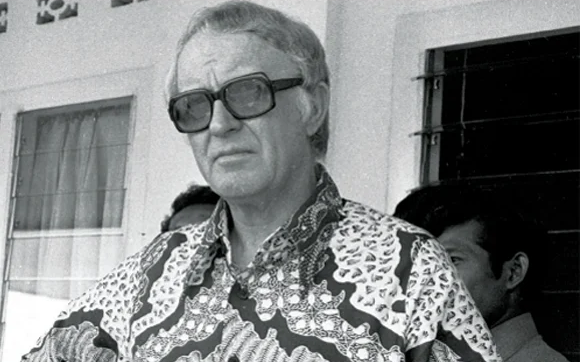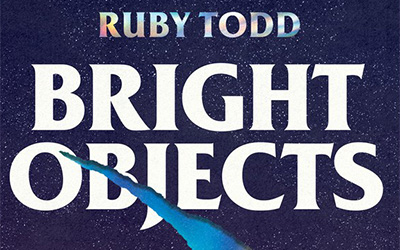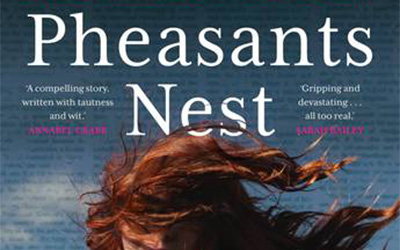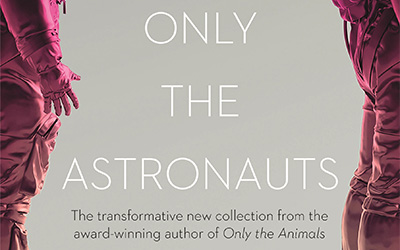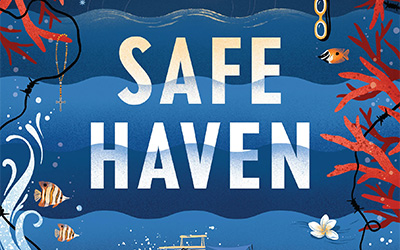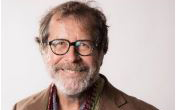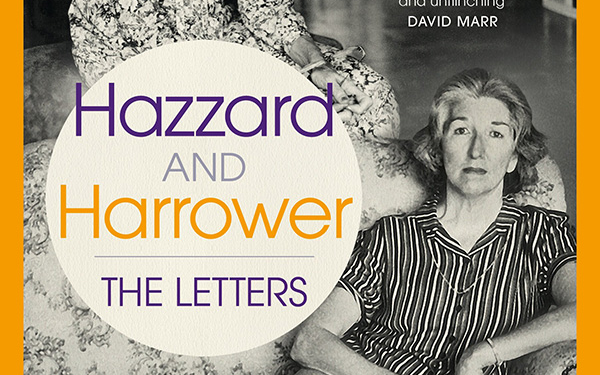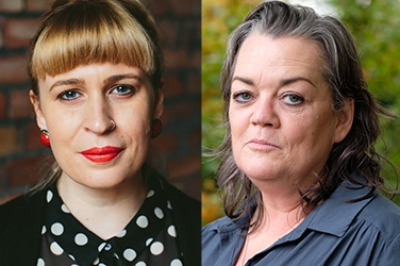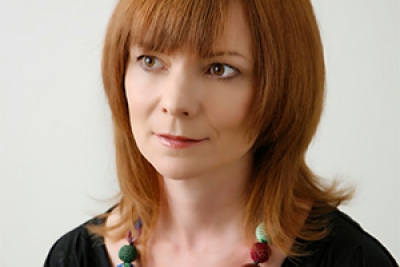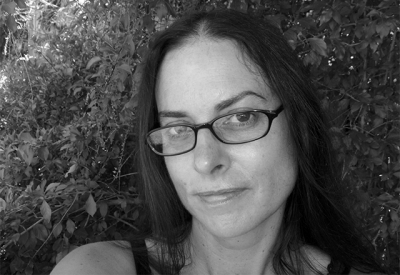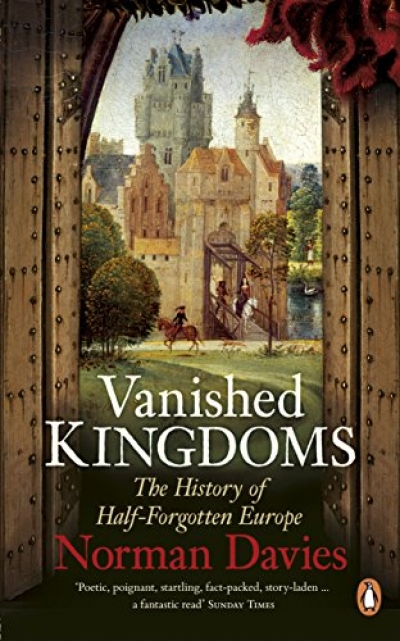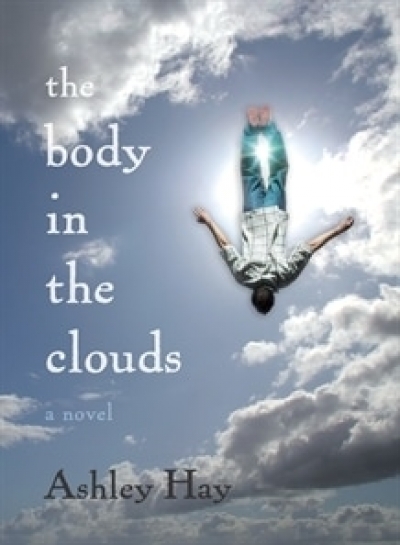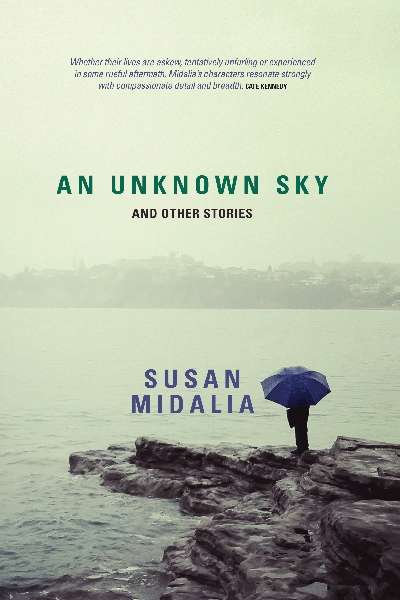November 2012, no. 346
Norman Davies illustrates the literary life available to a score or so of living historians whose works at one time or another made the bestseller lists. Like Simon Schama, Niall Ferguson, and Paul Kennedy, he occupies a place in a Valhalla where the normal rules don’t apply. Instead of waiting nervously for publishers to give thumbs up to a cherished manuscript, agents offer large advances, wide publicity, and – best of all – a huge canvas on which to paint. Of course, the great gulf that separates such stars from hungry hacks yawns in many fields. Novelists like Toni Morrison or Julian Barnes, artists like Anselm Kiefer or Damien Hirst, architects like Zaha Hadid or Frank Gehry enjoy similar advantages. Among the most striking privileges for historians in the pantheon is exemption from the usual 100,000-word limit. Davies can use as many pages as he pleases. The result is Vanished Kingdoms, which, at 847 pages, stands about as tall as a stack of five ordinary monographs. Apart from making it an unlikely book at bedtime, the question arises as to whether it is five times as good. Or has Davies drifted lazily into the category of ‘overweight or obese’?





